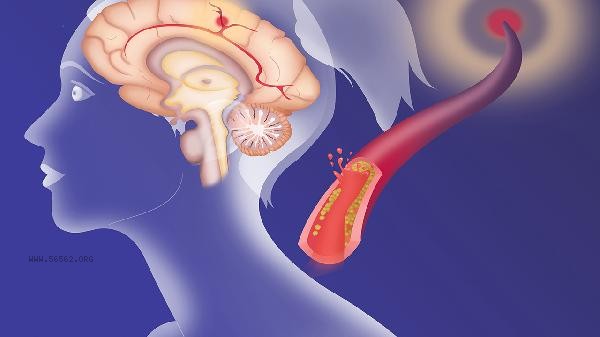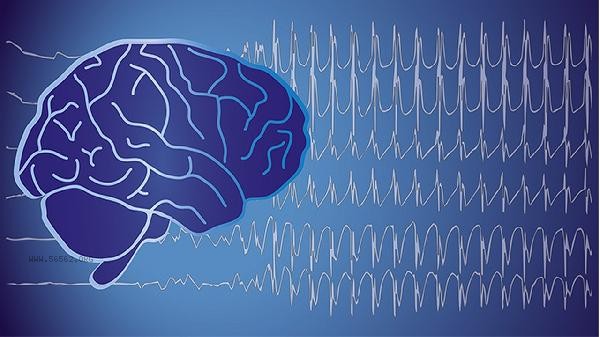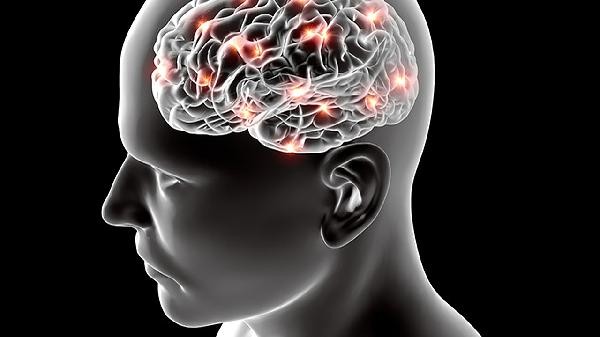Transient amnesia in the brain may be caused by transient ischemic attacks, epileptic seizures, migraines, hypoglycemia, psychological factors, etc. It can be diagnosed through neuroimaging examinations, electroencephalogram monitoring, blood glucose testing, psychological evaluation, and other methods.

1. Transient ischemic attack
Transient cerebral vascular insufficiency may lead to transient global amnesia, usually lasting for minutes to hours. Patients may experience sudden memory gaps, but their personal identity and long-term memory remain intact. This situation requires carotid ultrasound and magnetic resonance angiography to rule out the risk of stroke. Aspirin enteric coated tablets, clopidogrel tablets and other antiplatelet drugs can be used to prevent recurrence.
2. Seizures
Transient memory impairment may occur during temporal lobe seizures, accompanied by symptoms of confusion or automatisms. Abnormal discharges can be seen on the electroencephalogram during the attack period, and retrograde forgetting may occur after the attack. Antiepileptic drugs such as sodium valproate sustained-release tablets and levetiracetam tablets can control seizure frequency. Long term uncontrolled epilepsy may lead to hippocampal atrophy, and it is recommended to undergo regular neuropsychological evaluations.
3. Migraine
During the prodromal phase of migraine, transient memory impairment may occur, accompanied by visual abnormalities or speech disorders. This type of memory impairment usually subsides with the onset of headaches. Ibuprofen sustained-release capsules, zolpidem tablets, and other medications can alleviate symptoms. Keeping a headache diary can help identify triggers and avoid common triggering foods such as cheese and red wine. 4. Hypoglycemia: When blood sugar levels drop sharply, insufficient energy supply to the brain can lead to transient cognitive dysfunction. Patients may experience symptoms such as memory loss and inattention, which can be reversed by timely supplementation of sugar. When using insulin or sulfonylurea drugs, diabetes patients should pay special attention to prevent hypoglycemia, and take glucose tablets with them for emergency.

5. Psychological factors
Acute stress reactions or dissociative disorders may lead to psychogenic forgetting, manifested as selective memory loss. This type of situation is often related to traumatic events and requires detailed psychological examination. Cognitive behavioral therapy and stress management training can help improve symptoms, and in severe cases, short-term use of antidepressants such as paroxetine tablets can be recommended. When experiencing transient amnesia symptoms, the frequency and duration of attacks should be recorded to avoid dangerous activities such as driving or working at heights. Keep regular work and rest and moderate mental exercise to control basic diseases such as hypertension and diabetes. Pay attention to supplementing deep-sea fish rich in omega-3 fatty acids and berries rich in antioxidants in diet, and engage in aerobic exercise every week to promote blood circulation in the brain. If memory loss occurs frequently or is accompanied by symptoms such as limb weakness and speech disorders, immediate medical attention should be sought to investigate cerebrovascular disease.









Comments (0)
Leave a Comment
No comments yet
Be the first to share your thoughts!